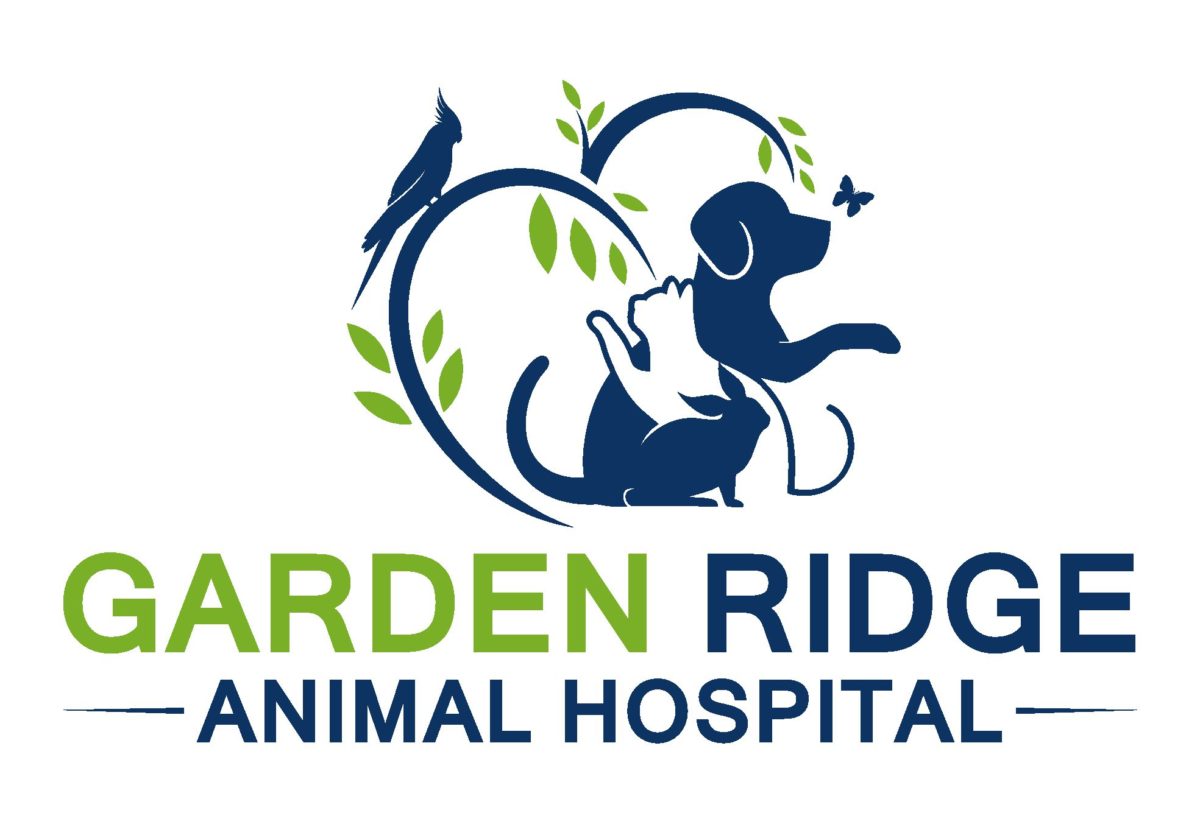
I want to comment on a topic that has been running around Facebook that essential oils are poisonous to cats. This is complicated, and there are lots of “it depends”.
What is an essential oil? They are defined as organic constituents of plants which are volatile and contribute to fragrance and taste. They are extracted from plants and are used in aromatherapy, personal care products, flavorings, and liquid potpourri. I personally use several essential oils topically and even have used a passive aromatherapy diffuser with lavender at the animal hospital as part of our Fear Free plan. In general, I like and use essential oils around myself.
There are many variables that affect their safety and toxicity. Some essential oils can be toxic to cats, especially orally or topically, or in high concentrations or large volumes. The veterinary literature has definite reports of certain classes of chemicals that might be toxic to cats based on their different liver pathways of metabolizing compounds in the body. Commercial essential oils aren’t regulated like prescription drugs, so quality, purity, and concentration vary quite a bit, and their testimonial claims can be quite grandiose. The other big variable lately is the active nebulizing diffusers that actually pump out tiny micro droplets of the essential oil into the air, greatly increasing the exposure to cats over the former passive diffusers.
I haven’t seen ANY cats with suspected poisoning from inhaled essential oils, but I have seen some bird with respiratory problems on the old fashioned potpourri that resolved when they removed that scented product from the house. I have seen some small dogs with symptoms from skin contact with the owner’s topically applied hormone creams. The feline symptoms listed at the Pet Poison Helpline (http://www.petpoisonhelpline.com/blog/essential-oils-cats/) are drooling, vomiting, tremors, ataxia(wobbliness), respiratory distress, low heart rate, low body temperature, and liver failure. Cats showing these symptoms should be moved immediately to fresh air, and seek emergency veterinary care if they don’t quickly resolve.
I am sure this will be a hot topic for some time since so many pet parents are using essential oils at home for their own health, so we should be careful around cats. I currently recommend not using them topically or orally in cats, using care when handling cats after application of EO on your skin, avoiding the nebulizing diffusers, and choosing the passive diffusers instead. We also need better reporting of suspected toxicity just like we do with prescription drugs, diets, and household chemicals like rodenticides. It would also be great to have some evidence-based university sponsored research for efficacy and safety of common essential oil products, not just testimonials.
Stay tuned. Essential oils will be a topic I actively follow.
https://www.today.com/pets/essential-oils-danger-cats-warning-signs-look-t121300
https://www.snopes.com/are-essential-oils-poisonous-to-cats/?utm_source=facebook&utm_medium=social
http://www.animaleo.info/


